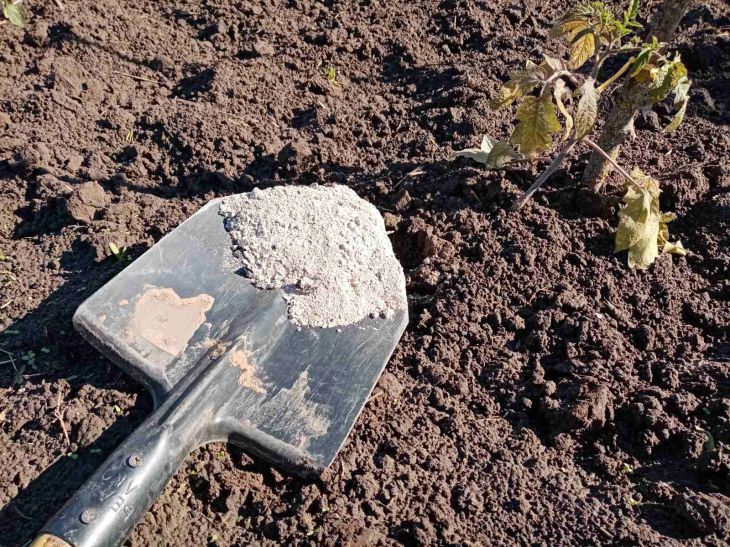Unexpected disadvantages of dolomite flour: what a summer resident should consider when using this product
Certainly, dolomite flour can bring great benefits.
The use of this product helps to reduce acidity and improve the condition of the soil: it becomes “lighter”.
In addition, dolomite is a source of phosphorus and zinc, so garden crops get access to the components they need.
Thanks to dolomite flour, plants can more easily absorb nitrogen. The product also reduces the risk of developing a number of diseases in vegetables.
However, it is not without its shortcomings. Anastasia Kovrizhnykh, an expert of the online publication "BelNovosti", agronomist and landscape designer, spoke about them.

Problems with boron and manganese
Excessive use of dolomite can make it difficult for plants to obtain boron and manganese.
To prevent this problem, dolomite flour should be added in combination with boric acid. Eight grams of the additive is enough for a kilo of the main product.
If there is a risk of developing manganese deficiency, potassium permanganate will help.
Problem with application in autumn
Using dolomite in the autumn period is fraught with a decrease in the effectiveness of this product by the beginning of the next summer cottage season.
The problem can be solved very simply: just postpone the application of dolomite flour until spring.
Earlier, summer residents were told a remedy that should not be used to feed strawberries during and after flowering.
